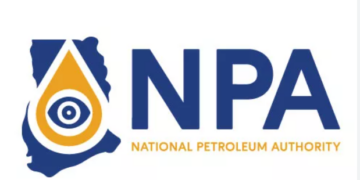Energy Strategist and Lead Technical Consultant to Chamber of Petroleum Consumers-Ghana (COPEC), Dr. Yusif Sulemana, has called for the liberalization of the Electricity Company of Ghana by widening the distribution chain so that consumers will have multiplicity of choice.
According to him, in the management of ECG, the private sector should be involved in injecting efficiency into the system to avoid the piling up of debts.
Dr. Suleiman was reacting to the latest Auditor-General’s report, that Audit checks on the Bui Power Authority (BPA) have revealed a gargantuan debt outstanding to the company by the ECG to the tune of US$386,878,949.46 as at year-end 2019.
This according to Auditor-General’s report is due to delays in the settlement of debts by the ECG to BPA.
The audit report shows that monthly invoices to ECG are not settled within the required sixty (60) days, thus resulting in the accumulation of such huge outstanding debt owed the Authority.
The report further states that the repercussions of such continued delays or breaches of agreed payment terms could negatively impact the cash flows of the Authority.
Dr. Suleiman stressed that when efficiencies are injected into the systems, the losses will be minimized and ECG will be a better place to work.
“The major problem of the distribution chain is gross inefficiencies and structural weaknesses so until we fix the gross inefficiencies and structural weaknesses that culminated into massive losses that we have, we going to have this problem persistent for some time. You cannot have a power supply to an entity and have losses closer to 30%; that is not a sustainable business,” he said.
On cost reflect tariffs as solutions to ECG’s indebtedness, Dr. Suleiman explained that will be the ultimate way to go. He however noted that the losses are phenomenal and the country must take steps in introducing such measures
He said that “power supply to the end-user is not at competitive rate now. Cost reflective tariff is a way to go but that has to be within the liberalized market. Cost reflective tariff comes with deregulation or liberalization. If a market is so regulated where consumer only depends on one person it will be difficult.”
Source: ATLFMNEWS



























